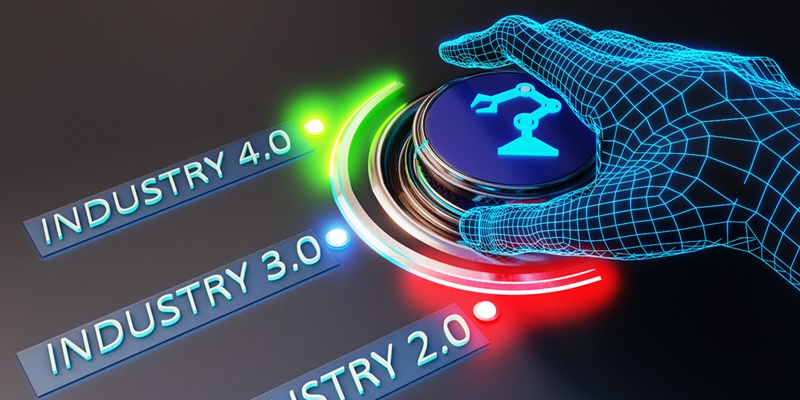The advent of artificial intelligence (AI) has revolutionized various industries, and its impact on digital transformation cannot be overstated. In this article, we will explore the profound influence of ChatGPT, a powerful language model, on various aspects of digital transformation and its role in the emerging concept of Industry 5.0.
AI-powered chatbots and virtual assistants have become essential tools for businesses seeking to enhance customer service experiences. ChatGPT, with its ability to understand and respond to natural language inputs, exceeds expectations in these areas. By integrating ChatGPT into existing systems, businesses can streamline their customer service processes, improve response times, and ultimately increase customer satisfaction. Furthermore, ChatGPT’s capability to learn and adapt from user interactions makes it an invaluable tool for continuous improvement in customer service operations.
The impact of ChatGPT goes beyond customer service. Its versatility allows it to be leveraged in other areas such as content creation, data analysis, and decision-making. One of the notable applications is in content creation, where ChatGPT can generate high-quality content based on user inputs. This capability not only saves time and effort for content creators but also ensures consistent and engaging content for various platforms. Additionally, ChatGPT’s data analysis abilities can assist businesses in extracting valuable insights from large datasets, leading to informed decision-making.
ChatGPT for Industry 5.0
Industry 5.0 highlights the collaboration between humans and machines, emphasizing the augmentation of human capabilities rather than complete automation. In this context, ChatGPT serves as a valuable tool for augmenting human capabilities. By working alongside human employees, ChatGPT can assist in tasks that require language processing, freeing up human workers to focus on tasks that require emotional intelligence, creativity, and problem-solving skills. This collaboration between humans and ChatGPT creates synergy that optimizes efficiency and productivity while retaining the unique human qualities necessary for Industry 5.0.
Responsible Use and Ongoing Development
While the potential of ChatGPT is significant, responsible use and ongoing development are essential to ensure its positive impact on digital transformation and industry 5.0. This involves addressing ethical considerations, such as potential biases in the language model’s responses, as well as ensuring transparency in how the technology is being used. Continuous improvement and fine-tuning of ChatGPT’s capabilities will enable businesses to harness its full potential while mitigating any negative consequences.
ChatGPT has emerged as a game-changing technology, transforming various aspects of digital transformation and contributing to the vision of Industry 5.0. Its applications in customer service, content creation, data analysis, and decision-making have yielded significant benefits for businesses. By augmenting human capabilities, ChatGPT promotes collaboration between humans and machines, optimizing productivity and efficiency. However, responsible deployment and ongoing development are crucial to ensure its ethical and effective utilization. With responsible use and ongoing development, ChatGPT has tremendous potential to advance digital transformation and Industry 5.0, paving the way for a future where humans and AI technologies collaborate seamlessly for unprecedented success and innovation.

